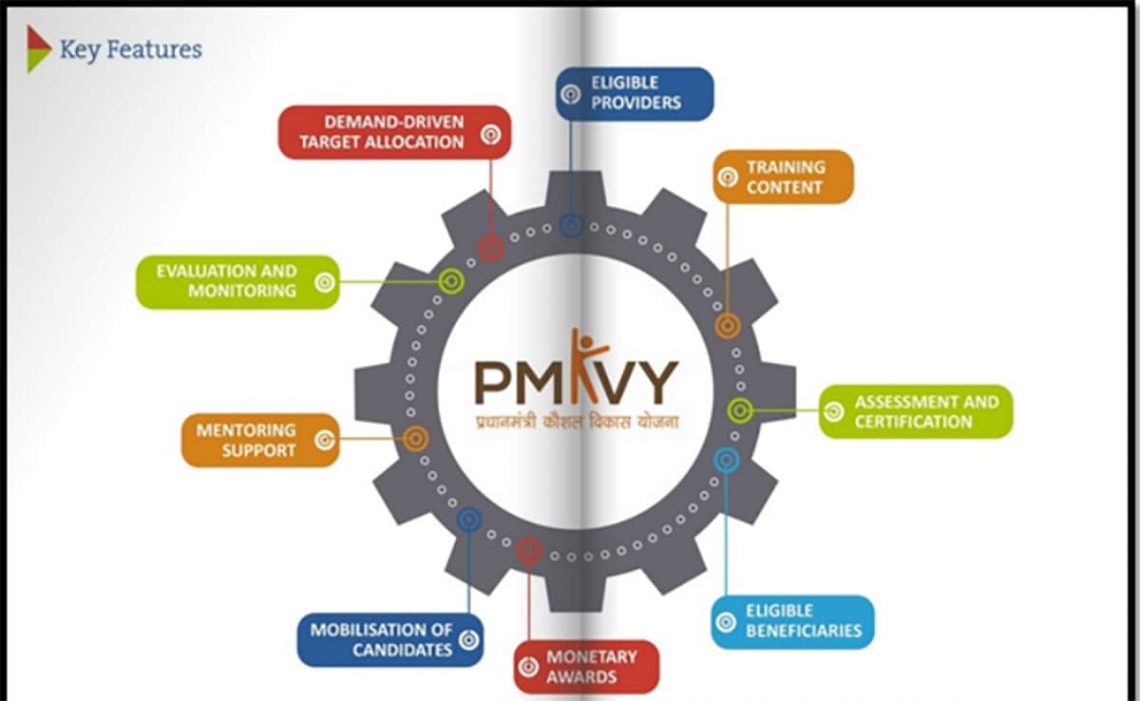On International Women’s Day 2025, ‘Accelerate Action’ serves as a rallying cry to dismantle systemic barriers and push for lasting gender equalityread moreOn March 8, 2025, the global community observes International Women’s Day (IWD) under the theme – Accelerate Action. This theme reflects the urgency of addressing gender disparities and highlights the need for concerted efforts to dismantle systemic barriers. According to projections from the World Economic Forum, full gender parity may not be achieved until 2158—highlighting the slow pace of progress and the long-term challenges that remain.Addressing structural barriersThe Accelerate Action theme calls for a reassessment of existing policies and strategies that impact gender equality. While advancements have been made in legal protections and workforce inclusion, structural obstacles such as wage gaps, limited leadership representation and cultural biases persist. Addressing these challenges requires policy interventions, economic incentives and societal shifts that prioritise equal opportunities.AdvertisementGovernment initiatives and skill developmentThe latest Skill Report 2023 suggests that the overall employability of Indian youth has risen to 50.3 per cent with women achieving a slightly higher employability rate (52.8 per cent) than men (47.2 per cent).Government initiatives such as Skill India and Pradhan Mantri Kaushal Vikas Yojana (PMKVY) have aimed to bridge this gap by providing vocational training. However, the reach and effectiveness of these programmes vary, with concerns regarding accessibility, regional disparities and alignment with industry needs. Digital literacy and access to emerging technologies remain key areas where targeted interventions could enhance employability for women.Courtesy PIB IndiaWomen in emerging technologiesThe rapid growth of fields like Artificial Intelligence (AI) and Machine Learning (ML) presents new opportunities for women’s participation in high-demand sectors. Swapna Agarwal, a senior scientist and a PhD from Indian Statistical Institute in Kolkata emphasises the importance of diversity in these fields, noting that a broader range of perspectives can enrich technological development. However, challenges such as gender biases in hiring, unequal access to technical education and limited female representation in leadership roles continue to hinder progress.A recent LinkedIn Workforce Report suggests that a skills-first approach in hiring could improve women’s workforce representation by 16 per cent, particularly in fields like AI and real estate, where women are traditionally underrepresented. While these projections are promising, they also highlight the need for systemic efforts, including mentorship programmes, policy incentives and corporate commitments to diversity.AdvertisementImplementing effective strategiesTo improve gender representation in technology and other high-growth sectors, several strategies may be considered. Specialised AI and ML training programs targeting women can provide them with industry-relevant skills. Flexible online learning platforms can help accommodate diverse learning needs. Mentorship networks connecting experienced professionals with aspiring women in tech can foster guidance and career growth. Industry-academic partnerships can facilitate internships and job placements, ensuring smoother transitions into the workforce. Addressing algorithmic biases that reinforce gender stereotypes in AI-driven hiring systems is also crucial in creating a fair and inclusive job market.While these strategies can enhance women’s participation in the workforce, their success depends on sustained investment, policy support and cultural shifts that encourage inclusivity.AdvertisementGoing aheadAs International Women’s Day 2025 focusses on accelerating action, it is essential to critically examine both the progress made and the challenges that persist. While initiatives promoting skill development and technological inclusion have shown promise, addressing gender disparities requires a multi-faceted approach. Policymakers, educational institutions and industries must work collectively to ensure that gender equality is not just a long-term goal but an achievable reality in the near future.The author is CEO of Expletas Certificate in Data Science, an Edtech company in Hyderabad. Views expressed in the above piece are personal and solely those of the author. They do not necessarily reflect Firstpost’s views.AdvertisementMore from India
She Shakti Suraksha Survey 2025: Majority of women say don’t feel safe travelling alone by public transport at night
World Obesity Day: Childhood obesity isn’t just about food—it’s about the world we’ve built
Italy inking legislation to make femicide a separate crimeEnd of Article
Taken from:
International Women’s Day 2025: Accelerate Action and the pursuit of gender equality
